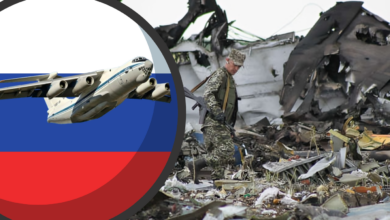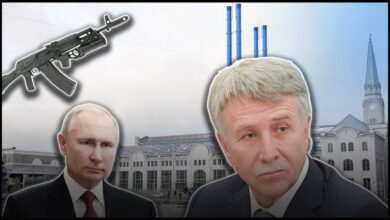The 25-Year Outlook for Russia-Belarus Union: Milestone or Challenge?
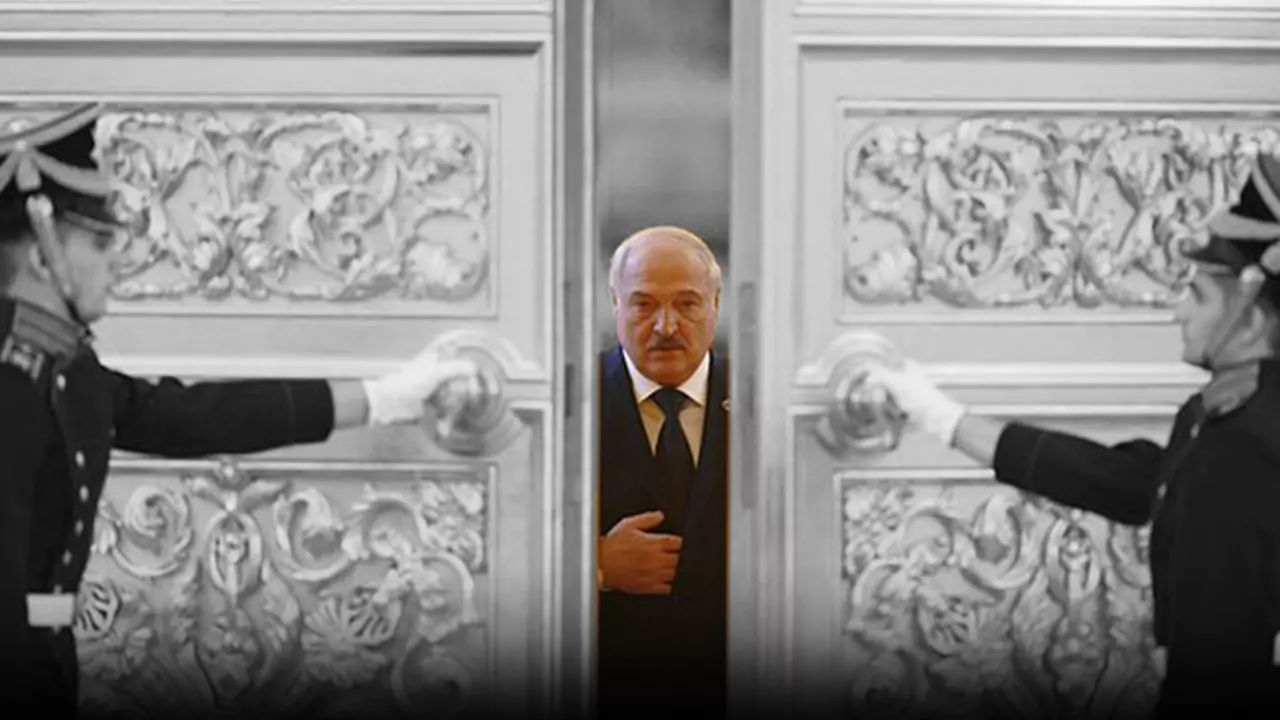
Presidents Boris Yeltsin and Alexander Lukashenko signed a package of documents, which included a Declaration on the further unification of the Russia-Belarus Union, exactly 25 years ago in December 1998, marking a significant milestone in the history of relations between Russia and Belarus. It agreed with the necessity to further deepen integration through the establishment of a full-fledged Union State and acknowledged the accomplishments of the integration process, which had been underway for several years.
The plans were ambitious: by the end of the first half of 1999, all business entities were to have a single legal environment, a single customs area, unified civil and tax laws, and a unified monetary system. After 25 years, integration has not yet reached its predetermined objectives, and the parties continue to clash over matters of politics and economy. Political scientists from Belarus and Russia were interviewed by Lenta.ru to discuss the causes of the implementation issues with the Union State project.
On the creation of the Russia-Belarus Union
It was Belarus that initiated the idea of integration in the 1990s. One idea put forth by Alexander Lukashenko was to rebuild what had been shattered following the fall of the USSR. Russia benefited from this as well.
The politicians of Russia and Belarus then had enough wisdom, firstly, to conclude this alliance, and secondly, to develop it and not destroy it, despite the problems and disputes
The union proved to be a solid and long-lasting one. The unification of the two newly formed states was therefore put to the test over time. Its foundation is deeply rooted in the political, military, cultural, and humanitarian spheres. The Union itself demonstrates the viability of this concept.
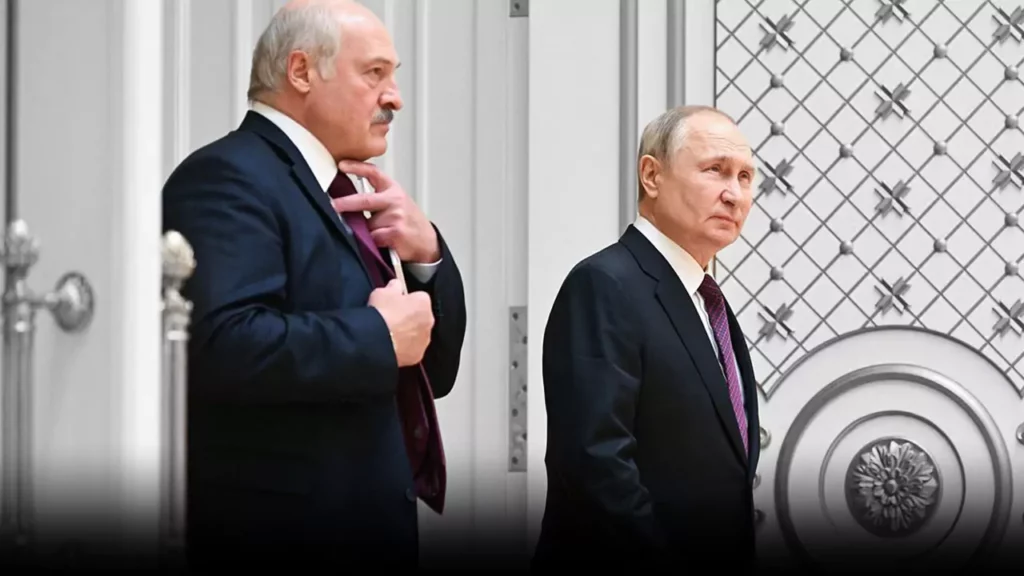
The 1990s saw many hardships, and nostalgia and longing for the USSR played a major role in Belarus and Russia. The decision to pursue integration was made by the presidents of the two nations because they recognized that it would be popular with the populace and advantageous economically.
But it was primarily Belarus that received the economic benefit – as a less powerful subject of this association
Inertia played a major role in the maintenance of ties immediately following the fall of the Soviet Union. Then, under the auspices of the Treaty of the Commonwealth of Independent States, numerous of these links had to be formally combined into hundreds of thousands of agreements.
Russia prioritized union integration. The Commonwealth of Independent States (CIS) has been the subject of high expectations since 1991. It was anticipated that most of the former Soviet Union’s republics would have an equal platform on which to build upon the innovations made during the Soviet era.
It was intended to keep the CIS as a single economy with an army, border force, and air defense system. And we even succeeded in preserving a great deal of infrastructure and establishing a regime free of visas, for instance. However, in the end, the CIS merely facilitated the country’s disunification process.
Alexander Lukashenko developed the concept of integration in 1995. He was the one who drafted it, and he did so precisely, all the way up to the creation of a single state. Although Belarus maintains its position of unassailable sovereignty, it is no longer customary to discuss this since it has already been forgotten. Back then, however, things were very different.
For Russia, the plan proved to be both successful and appropriate. Not only was Chechnya a problem at the time, but many other republics were also engaged in separatist movements to varied degrees. In light of this, the president of a nearby nation—albeit a small one—proposes to practically join Russia. This was well received.
On the nature of the integration association
Alexey Dzermant
The Union State was intended to be an economic and political union. Today, it is impossible to imagine global integration without an economy; even in the 1990s, markets were collapsing and industry was in decline. Being a USSR assembly plant, Belarus relied heavily on the Russian market to get through hard times, bounce back, and acquire new skills. This tactic proved effective.
Russia and Belarus have always shared close political interests in addition to economic ones. The nuclear umbrella that prevented the country from being subjected to what the West did to Yugoslavia in the 1990s has since fully extended to Belarusian territory.
The USSR prevented us from being torn apart, much less made us enemies of one another, as sadly occurred with Ukraine, and instead permitted us to stay close in the value-ideological sense.
Kirill Averyanov
We can conclude that Belarus was mainly interested in the Union State from an economic perspective. In contrast, Russia saw it as a political endeavor. That is precisely the reason that integration has not seen any significant advancements in the last 25 years.
The parties simply have different understandings of this project
Bogdan Bezpalko
We have accomplished a good deal in the area of economic integration. Unfortunately, though, progress in the area of political integration is stalling. As of right now, the Union State still lacks a passport, a parliament, and any kind of official government. The Union State has only one permanent committee, which functions as a decorative or, to put it mildly, an advisory body.
Andrey Suzdaltsev
They attempted to begin economic integration by imitating the European Union’s practices. It was soon realized that the common Russian-Belarusian customs zone established was ineffective. It turned into a smuggling zone. Furthermore, Belarus claimed that this violates sovereignty, so even the project for this zone remained essentially unfinished. This is because a single customs space requires a single customs service.
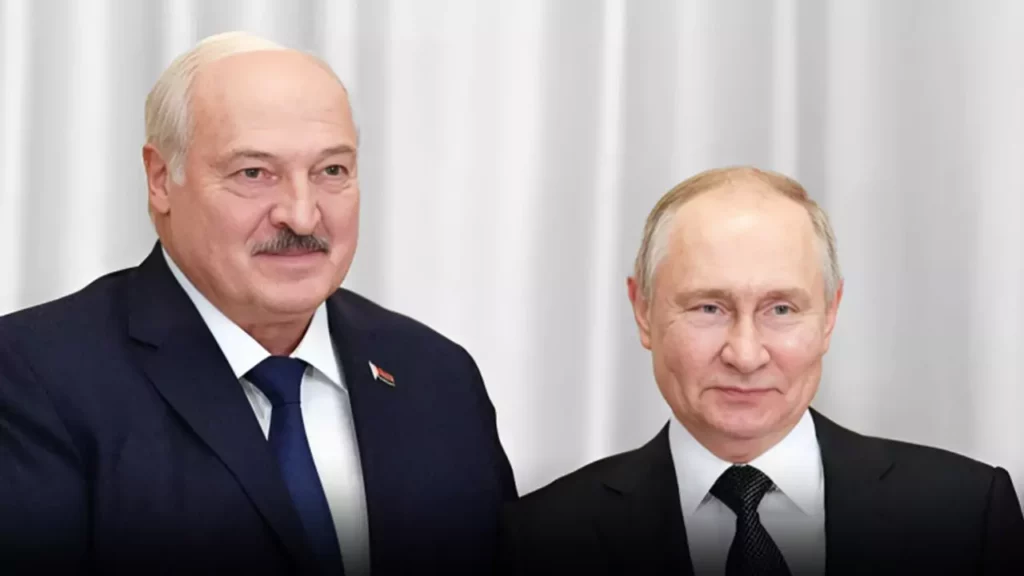
Attempts at political integration from above occurred concurrently with attempts at economic integration from below. An agreement was signed on December 8, 1999, regarding the formation of the Union State. It stipulated the formation of a common parliament and the establishment of a single government. It’s true that in Belarus, the insistence was made that, to form a unified parliament, there should be three Russian voters for every Belarusian voter. This discriminatory approach led to a major scandal.
The political component of the project was frozen almost from the start
About the results of integration after a quarter of a century
Alexey Dzermant
Integration has unquestionably been successful over the last 25 years. Yes, the establishment of unified political bodies, a single currency, and a single citizenship with a single passport were all unfulfilled original plans. Indeed, it wasn’t done. However, there are a few explanations for this.
Both nations’ elites concurred that rather than expecting each other to do the impossibly difficult thing, it was vital to accomplish what was feasible. Indeed, both Belarus and Russia will have to cede their sovereignty and give authority to new, supranational bodies in order to carry out what I have listed.
For the time being, we have concentrated on what is currently feasible and essential. Although we haven’t yet reached maximum integration, we have done a lot of other things that other integration unions across Russia haven’t done. The integration process is progressing as it can. Both the Belarusian and Russian governments have explanations for this. The most crucial aspect is that it develops, has dynamics, and succeeds.
Kirill Averyanov
All Belarus wants is for Russia to provide it with gas and oil at prices that are essentially the same as in Russia. For Belarus, this is the Union State’s primary value. From a political perspective, Russia would prefer Belarus to be closer; the Kremlin is probably not opposed to the introduction of a single currency and supranational authorities within the Union State.
It is in the interests of Russia, not Belarus, to carry out the agreement on the establishment of the Union State in its entirety.
Bezpalko Bogdan
Certain contradictions had an impact on integration, slowing and even stopping the process. Not even the roaming communications problem between Belarus and Russia has been fixed. However, Belarusian nationals have some advantages when they apply for jobs in Russia in the interim. In addition to not needing a patent to perform labor activities, they also do not need to obtain a migration card.

The military conflict in Ukraine, of course, was a major complicating factor for any integration issues and was unrelated to the relations between Russia and Belarus. Additionally, this factor undoubtedly hurts all economic developments, but it also tends to strengthen the bonds between Belarus and Russia. In the future, this might even accelerate integration since Belarus lacks the military means to defend itself.
Belarus’s military potential is very limited, and in the event that NATO member states decide to attack it, the only way it can defend itself is with the assistance of the Russian Federation and its army, navy, and military space forces.
Naturally, cultural and political initiatives occasionally give rise to confusion and worry when they translate place names into a Latin alphabetic representation without providing a clear explanation for the convenience of foreign visitors. Because there aren’t many foreign visitors to Belarus, our experiment with them revealed that reading place names in this version of the Latin alphabet was harder for them than it was for them.
However, generally speaking, Belarus and Russia are currently two nations that have been the target of numerous sanctions, whose leaders are regarded as autocrats, and against whom a war is being fought both militarily within the borders of Ukraine and with the assistance of economic and political sanctions.
It is no longer entirely accurate to say that Belarus is impeding integration, as this is now a peripheral issue. Since Belarus is an ally and we cooperate with it on various fronts, including the economy, we do not strictly contest the necessity of integration at this time. because we must put an end to the military conflict that we are involved in.
Andrey Suzdaltsev
Issues arose rather rapidly. This project’s subsidy component significantly increased, despite Russia’s persistent efforts to cut it. It turned out that this comes at a significant cost. Much discussion these days centers on Alexander Lukashenko’s achievements in protecting Belarusian industry, but this was done at Russian expense and against the interests of the Russian market. The Minsk Tractor Plant (MTZ) was spared destruction, but several of our tractor factories were destroyed. What sort of accomplishments are these then?
Consequently, it was discovered that Belarus possesses energy resource subsidies and discounts –all without any integration with Russia. As they say, “They feed us well here too,” it ends up looking like a Soviet cartoon. If everything is good the way it is, why integrate?
Our cooperation is one-sided.
In actuality, there was no economic integration and no application of the Union Treaty. Economic integration is seen by Belarus as a way to get its products onto the Russian market. Furthermore, it is biased: Belarus suffers greatly as a result of Russian goods showing up there.
Economic sanctions against Russian goods have reached an all-time high; in Belarus, they merely want to have access to our ports, resources, and market. Only in 2018—after intense pressure from the Russian leadership—did things start to change.
Even so, do you recall the revolutionary significance of the signing of 28 integration programs? They are all nearly fully implemented, but they are ineffective.
Nothing is changing, and even with the “one economy, two states” format, integration is failing.
On the relevance of the Union State today
Dzermant, Alexey
There is still work being done on this project. Currently, they are attempting to isolate Russia because it has few allies. It turned out that Belarus’s military, economic, and political assistance was greatly needed and very important. This is a significant aid to Russia in the conflict it is fighting the West as a whole.
It is necessary to develop the union state, and maybe we should consider enlarging its membership. Overall though, this is the post-Soviet space’s living laboratory of integration.
The most important thing is to keep going and to remain positive. Many things come together after compromises are made. We are even closer when we are at odds with the West. You can and ought to cast an optimistic gaze upon the future.
Kirill Averyanov
The geopolitical circumstances that Belarus and Russia are currently facing make the Union State project relevant. Two nations can remain united and help one another in a union state.
At the same time, given Belarus’ continued fetishism of its sovereignty, I do not currently anticipate any significant advancements in the area of Russian-Belarusian integration.
It is hard to believe Alexander Lukashenko would cede some of his sovereignty to ensure that the Union State creation agreement is carried out in its entirety. Furthermore, true unification is impossible without this. Sovereignty is always constrained by integration. However, the Belarusian government is unprepared for this.
Bezpalko Bogdan
Though it is still in the early stages of development, I think the Union State project is still important. Of course, it will develop in the future, but I am unable to predict what will serve as the catalyst or driving force at this time. Perhaps some political happenings. It is possible to bring up this topic for expert or even general discussion. A plebiscite may even be held with the consent of political leaders.
Based on the will of the people and the political class, I believe that the Union State’s future rests in the slow and methodical establishment of either a supranational superstructure over two states or a single state. A single legislature, single citizenship, and increased economic integration—like the adoption of a single currency—will all eventually come to pass.
This is not insurmountable; the European Union and several African nations, for instance, share the East African franc as their common currency. However, there’s more: the National Bank of France, the state that once housed the metropolis, is the primary issuer.
But in this case, we cannot claim that, in comparison to Belarus, Russia was a metropolis. This movement ought to be gradual, observable, and slow. The establishment of supranational organizations within the legislative, executive, and judicial branches of government should be a component of this movement. A greater degree of economic integration is required.
Andrey Suzdaltsev
The Union State has practically no meaning for us anymore. We only need an ally; we already know full well that there will be no political integration. For the elite of Belarus, breaking into the Russian market is the same as it was twenty-five years ago. But because their nation still relies on technologies from the 1980s, it is now crucial for them to extract technology as well as resources from Russia. Furthermore, pointing to the Union State’s existence, they demand that the technology be provided without charge.
This is how we raised them as well. And I find it difficult to know how to handle this.
We want an ally, which is why this project is relevant in the first place. However, all connections between Belarus and Russia are linked to Alexander Lukashenko; this also applies to Ukraine under Viktor Yanukovych. In his circle, there isn’t a single pro-Russian or integration advocate.
As a result, I think that this relationship model could lead to a serious Russian-Belarusian crisis.




